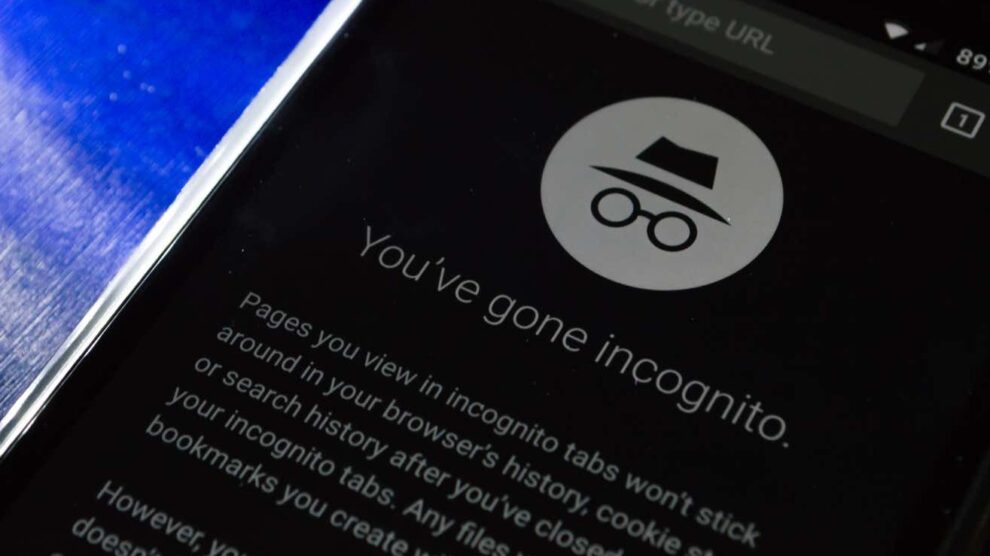Google Chrome‘s Incognito Mode received an ominous warning label update crushing naive notions of anonymous web browsing. Gone are comforting messages about hiding your tracks – replaced by explicit statements shutting down expectations of true privacy while using Chrome’s once stealthy Incognito feature.
Debunking the Incognito Anonymity Myth
Since launch, Chrome boasted Incognito granted confidential web activity shielded from employers, ISPs, administrators and more thanks to the iconic spy icon complimented by reassuring blue shields promising safety and secrecy.
However, the latest update replaces that message with a blatant heading, “Incognito Mode Does Not Make You Invisible.” Clearly Google felt the need to dispel dangerous assumptions about online privacy with Incognito use.
Governments and ISPs Still Monitor Browsing
The revised messaging warns how ISPs and malicious entities still surveil https traffic despite using the sneaky mode – disheartening yet critical to public understanding.
Workplace Monitoring Also Still Active
For workplace usage, Chrome stresses that Incognito does nothing preventing employers from utilizing software tracking web usage. So no clandestine activity escapes admin detection.
Protecting Your Digital Footprint Beyond Incognito
Although privacy expectations require tempering, users still demand means guarding their interests against less scrupulous parties. Thankfully solutions exist hardening your anonymity.
Rely On VPN Encryption
Virtual Private Networks (VPNs) encrypt traffic so nobody except the destination server decrypts actual browsing activity and other data.
Leverage Privacy-Focused Browsers
Specialized browsers like DuckDuckGo shine blocking trackers and disabling behavior profiling so third-parties monitor minimal user activity.
Browse Smarter Not Harder
Beyond software measures, using common sense helps protect privacy. Simply avoiding questionable websites offering dubious value already eliminates major privacy threats for most users.
Google Walks Fine Line Warning Public
Motives behind Google overhauling Incognito Warnings remain unclear. Both earnest public service and legal liability mitigation likely intermingle driving the change.
The timing coinciding with $85 million multi-state lawsuits over location data collection leaves skepticism about pure intentions from the advertising giant.
Moral Obligation to Public Transparency?
However, earnestness also factors for Google. Allowing misconceptions about Incognito’s privacy scope persists as irresponsible for an industry leader. Even reduced data collection proves insufficient if users still browse recklessly assuming anonymity.
Shrewd Legal Damage Control?
Simultaneously, the timing seems awfully convenient given recent lawsuits threatening massive fines over deceptively collecting user location data despite settings disabling tracking.
This precedent-setting loss means managing public privacy perceptions grows urgent limiting future liability.
Finding Balance Between Privacy and Security
Looking forward public-private cooperation balancing user privacy and national security persists as prerequisite for sustainable solutions. Otherwise further clashes await as citizens resist perceived violations by corporations and governments.
With sound technology like sophisticated encryption available, the time has come to reassess where privacy concessions remain essential versus reaching unacceptable breaches of digital rights.










Add Comment